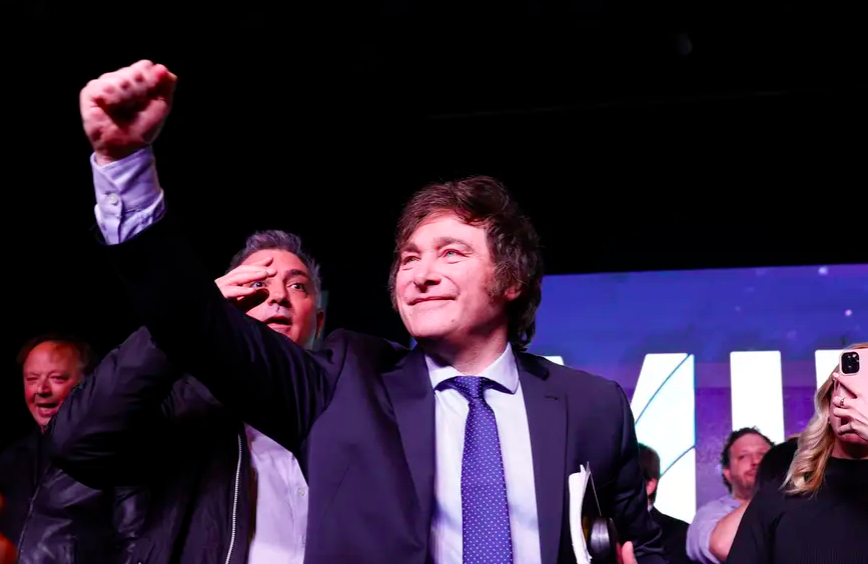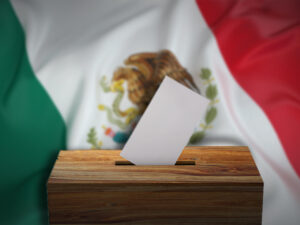
Argentina’s political landscape was dramatically transformed on Sunday when Javier Milei, a self-described libertarian, emerged as the surprise winner of the nation’s primary elections. This marks a significant shift from the status quo, with Milei earning more than 30% of the vote, compared to the roughly 27% and 28% garnered by the last two major ruling political forces, Macrismo (Juntos por el Cambio) and Unión por la Patria, respectively.
Milei, a national deputy, seeks to tackle issues that have plagued Argentina’s political system for decades, including widespread corruption and unequal access to economic opportunities. His platform is oriented around proposals such as dollarizing the currency and privatizing state-owned enterprises, resonating particularly with younger voters.
As news of Milei’s victory spread, the nation’s economy was immediately affected with the government applying a 21.6% devaluation of the peso and sharply increasing interest rates to 118% per annum.
Argentines have elected a candidacy which proposes a radical economic path of dollarizing the economy, reducing the role of the state, repealing the abortion law, and defending the sale of organs. These results of the primary elections demonstrate a shift in public opinion towards a more extreme right-leaning stance in Argentina, which will be likely to shape the upcoming general election in October.
The implications of Milei’s surprise win have also been felt beyond Argentina’s borders, providing a challenge to the political norm throughout the region. It now remains to be seen whether Milei’s momentum can be maintained into the general elections this October, reshaping the nation’s political future in the process.
With information from El Pais







1 thought on “Argentina’s Political Scene Shaken Up by Unexpected Winner in Primary Election”